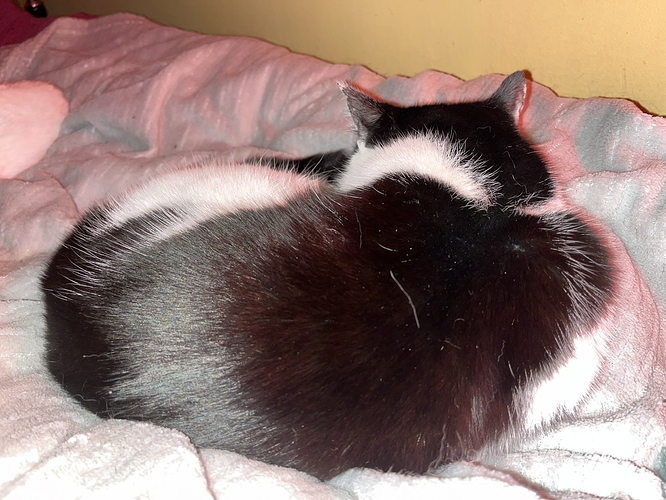I always have read that it’s at most 2-3 days to get into ketosis… But it may be just a few hours, some higher-carber are in ketosis every day in the morning.
I have pretty much experience with going in/out of keto as I have been doing it since many years  I got fat adapted in 7 weeks, apparently (the changes was just too great, what else could it have been?), promptly quit (missed my vegs) and go in/out since, all the time. I don’t feel if I am in ketosis but certain changes happen or tend to happen if I go low, it seems to me that I lose the lingering effect of carbs in a few days at most. Sometimes it’s great right away and whatever my ketosis does, I enjoy the benefits. Never cared about ketosis, specifically, I just wanted to feel right and be healthy. And with low enough carbs and really low plant carbs, it’s better.
I got fat adapted in 7 weeks, apparently (the changes was just too great, what else could it have been?), promptly quit (missed my vegs) and go in/out since, all the time. I don’t feel if I am in ketosis but certain changes happen or tend to happen if I go low, it seems to me that I lose the lingering effect of carbs in a few days at most. Sometimes it’s great right away and whatever my ketosis does, I enjoy the benefits. Never cared about ketosis, specifically, I just wanted to feel right and be healthy. And with low enough carbs and really low plant carbs, it’s better.
Never experienced anything special but my body is pretty indulgent. It still dislikes adding carbs so I always feel some difference even if I don’t feel unwell. When I was a newbie, I avoided going from keto to high-carb as I have read and it made perfect sense that it’s a big shock to my poor body. But I never experienced that myself long after fat adaptation when I stopped caring about that rule… But before keto, when I did low-carb paleo for a while following with an experimental really carby, sugary day… That wasn’t nice. I got a bellyache and felt off. later I realized it’s not even just the carbs but the type of it. Sugar is worse than starch, low-quality highly processed stuff is the worst (I don’t buy such things but sometimes tastes it at a relative), even a little can cause problems! Animal carbs don’t seem to matter to me at all. But lots of carbs are never good especially not longer term, they seem to get added up. While many people actually can go back to high-carb. I physically can’t. Okay, I could if it would be life or death or almost but it wouldn’t be so nice for a while.
These are all individual. But going back to ketosis never takes a lot of time as long as you go low enough. How low, that’s individual. About 45g net carbs for me, 10g total for some unlucky ones… 20g is a common limit as it works for almost everyone.
The long time is for fat adaptation but we don’t lose it just because we eat off a bit.




 I got fat adapted in 7 weeks, apparently (the changes was just too great, what else could it have been?), promptly quit (missed my vegs) and go in/out since, all the time. I don’t feel if I am in ketosis but certain changes happen or tend to happen if I go low, it seems to me that I lose the lingering effect of carbs in a few days at most. Sometimes it’s great right away and whatever my ketosis does, I enjoy the benefits. Never cared about ketosis, specifically, I just wanted to feel right and be healthy. And with low enough carbs and really low plant carbs, it’s better.
I got fat adapted in 7 weeks, apparently (the changes was just too great, what else could it have been?), promptly quit (missed my vegs) and go in/out since, all the time. I don’t feel if I am in ketosis but certain changes happen or tend to happen if I go low, it seems to me that I lose the lingering effect of carbs in a few days at most. Sometimes it’s great right away and whatever my ketosis does, I enjoy the benefits. Never cared about ketosis, specifically, I just wanted to feel right and be healthy. And with low enough carbs and really low plant carbs, it’s better. ), you will find out whether you are like that guy, or not.
), you will find out whether you are like that guy, or not.

 . Nevertheless, l am very happy we have it - particularly after the lenten period! Thanks for your reply
. Nevertheless, l am very happy we have it - particularly after the lenten period! Thanks for your reply 
